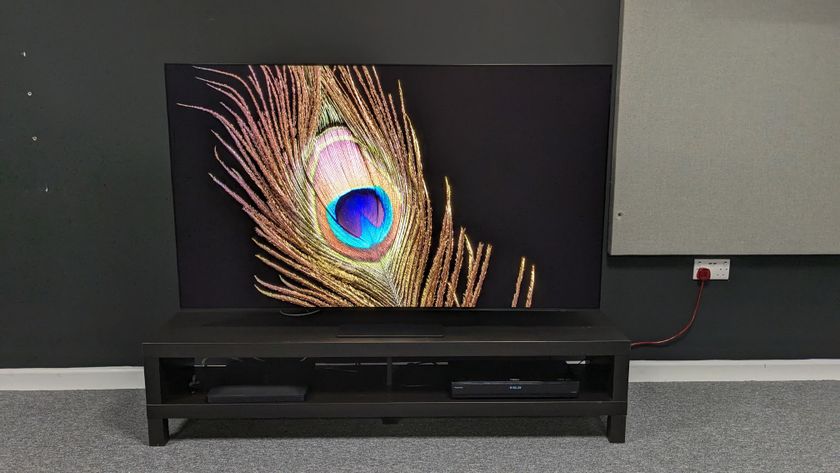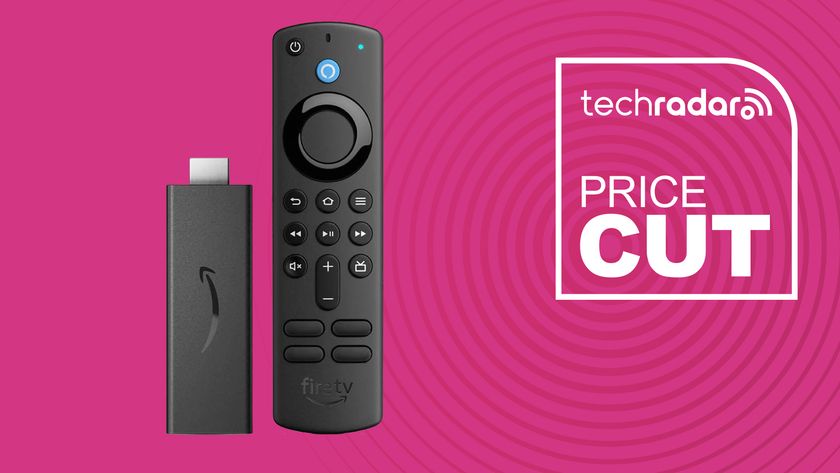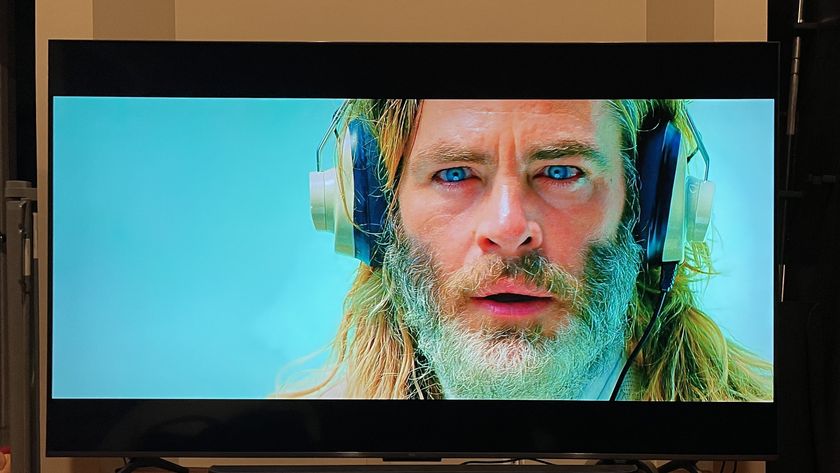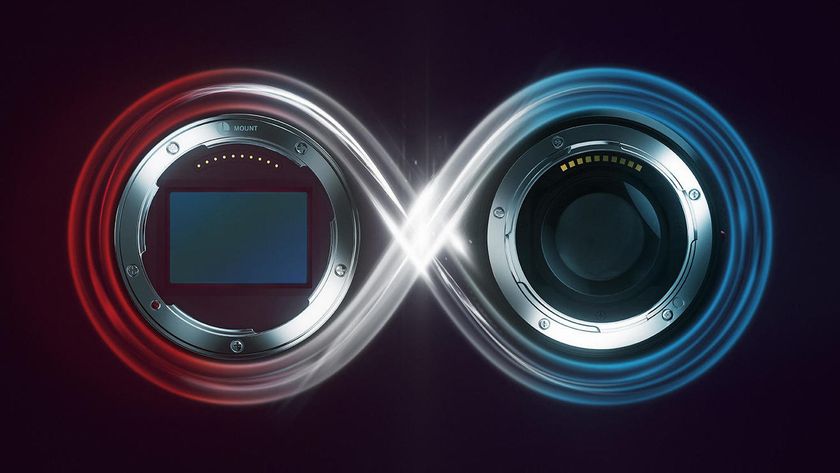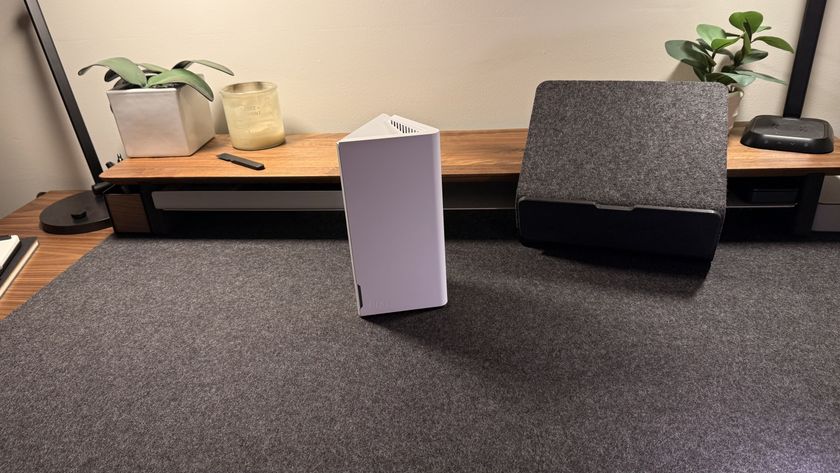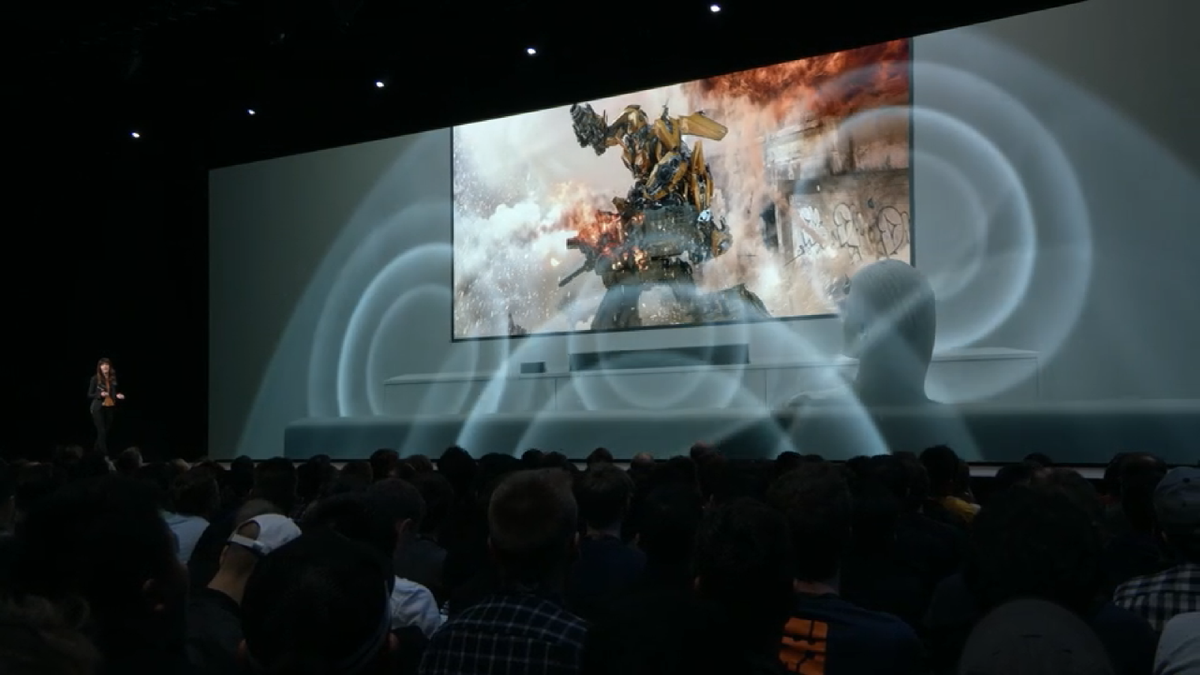
According to a newly-launched product page for the OnePlus TV, OnePlus is cooking up a class-leading sound system for the television that’s slated to launch in India in September and likely to come to the US sometime next year.
According to the Amazon India listing, the TV will include eight speakers totaling 50W of power, and will be capable of Dolby Atmos playback.
To put that in perspective, most mid-range TVs use either two 10W speakers or two 20W speakers to get good stereo sound or, at best, simulated surround sound through digital signal processing.
What OnePlus is purported to offer here is substantially better.
Does OnePlus have a one-up in audio performance?

By using eight discrete speakers - some of which are presumably upfiring units - the OnePlus TV can create an immersive sound bubble for Atmos to work properly. That would certainly be a better solution than the stereo surround sound of most older flatscreen TVs and a potential upgrade on the simulated surround sound on this year’s crop of LG, Samsung and Sony mid-range sets.
Why is there some hesitation? Well, despite being better than most other TVs in terms of sheer power output, the sound quality will depend on how well the sound is tuned and how the speakers are integrated into the chassis of the TV. If either of those solutions aren’t right, the TV could sound a bit worse than its rivals. It's also unlikely that the OnePlus TV will be able to stand up to a dedicated Dolby Atmos soundbar - some of which can output up to 500W.
We'll need to wait to hear it for ourselves, but on paper, the OnePlus TV certainly sounds like it will have a leg up on the competition when it eventually launches in India, the US and elsewhere - which might not be until later in 2019, 2020 and beyond.
Get daily insight, inspiration and deals in your inbox
Sign up for breaking news, reviews, opinion, top tech deals, and more.
Via 9to5Google
- Need a TV today? Here are the best 4K TVs of 2019
Nick Pino is Managing Editor, TV and AV for TechRadar's sister site, Tom's Guide. Previously, he was the Senior Editor of Home Entertainment at TechRadar, covering TVs, headphones, speakers, video games, VR and streaming devices. He's also written for GamesRadar+, Official Xbox Magazine, PC Gamer and other outlets over the last decade, and he has a degree in computer science he's not using if anyone wants it.
